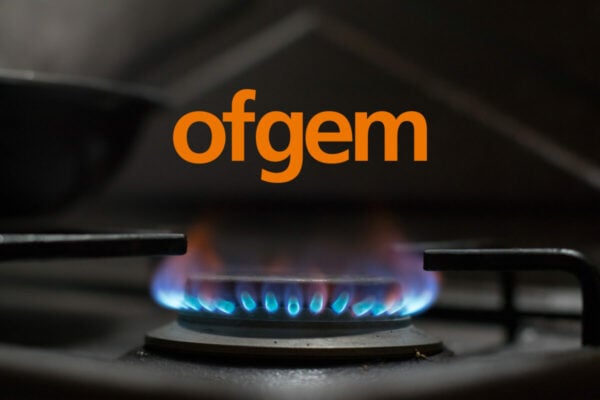Energy regulator Ofgem has revealed new changes to the non-domestic energy sector that will grant fairer treatment to various organisations.
The changes encompass organisations such as businesses, public services like sports centres and village halls, utilities, charities, and more.
Ofgem aims to improve energy supplier customer service, increase access to dispute resolution schemes and provide clearer cost information for businesses, including fees for third-party services like energy brokers, via the new rules.
Under the new changes, which will apply from 1 July 2024, Ofgem will expand the Standards of Conduct to all businesses of any size rather than just micro-business consumers. This will grant Ofgem powers to take action against suppliers that do not treat non-domestic customers fairly.
Alongside this, the energy regulator stated that it will introduce a new supply licence rule for non-domestic suppliers which requires them to signpost micro-business consumers to Citizens Advice and Citizens Advice Scotland, who can offer support and advice when they have an issue. This will also apply to small business consumers from December 2024, subject to the new definition entering legislation.
By the end of the year, Ofgem is also hoping to expand the requirement for a contract’s principal terms to clearly display any broker fees from micro business consumers to all non-domestic customers. This will apply to contracts signed on and from 1 October 2024, and suppliers must make this information available upon request, the energy regulator said.
Tim Jarvis, Ofgem’s director general for markets, said: “Too many businesses have experienced issues with some energy suppliers, from difficulty getting the right contracts to unexplained price hikes and poor customer service.
“We’ve worked hard to understand the breadth of issues and where the powers we have to tackle them can be improved. These new rules will help ensure businesses get the service they deserve.
“We’ll be speaking to businesses of all sizes as these rules come into force throughout this year to make sure they are being followed by suppliers. We’ll also continue to work with government, industry, and consumer groups to see what else can be done to support non-domestic consumers.”
Ofgem adopts ‘living’ strategy
Earlier this month, Ofgem set its objectives and priorities for the next five years, emphasising its dedication to “protect, build, change and deliver”.
The new strategy, which the regulator dubbed as ‘living’, is being implemented as the country transitions away from the energy crisis that rocked the UK from 2022-23 and into an energy landscape set to be dominated by variable renewable generation.
Ofgem’s primary focus will be to ensure market stability and continue to protect consumers from energy prices that are still 49% higher than pre-energy crisis levels, following the implementation of the latest price cap, set at £1,690 for the average dual fuel household.






